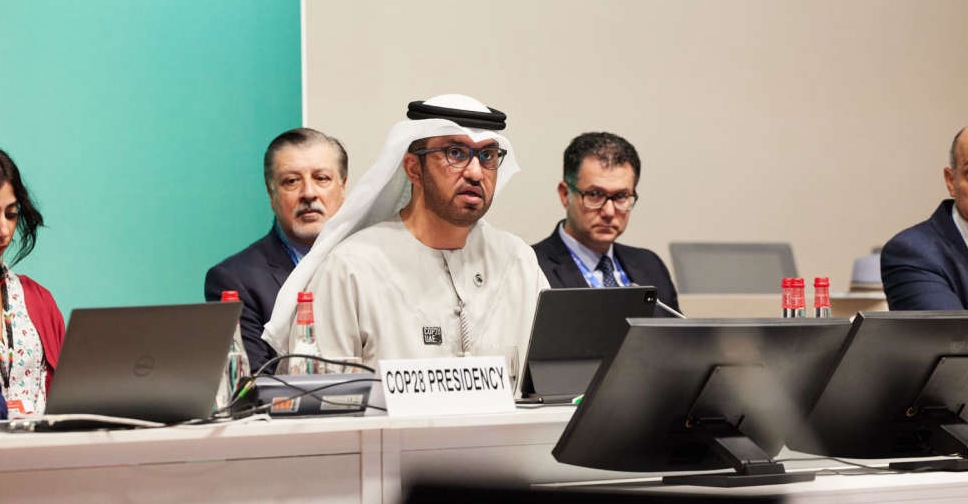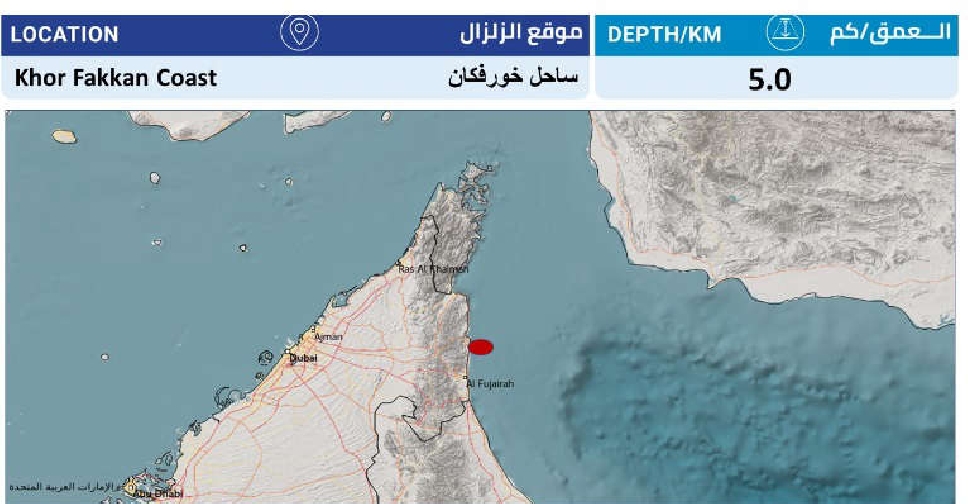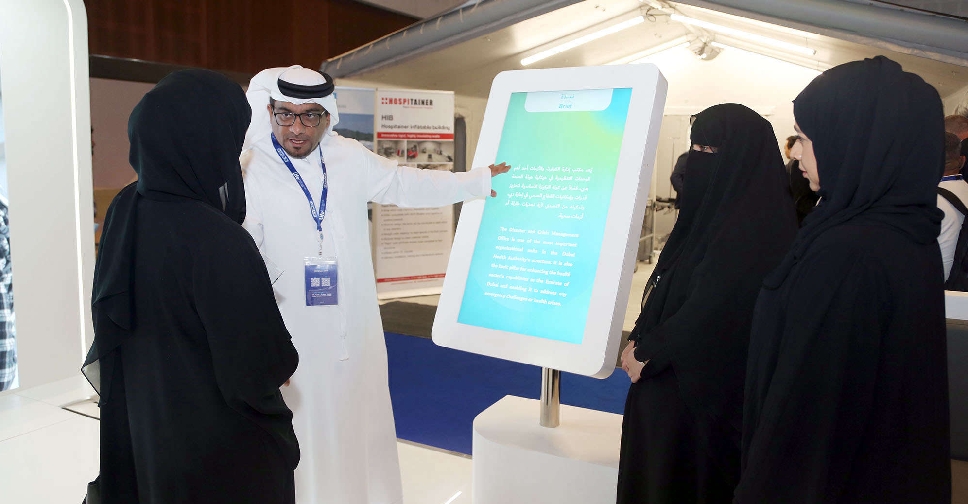
As many as 50 companies, representing over 40 per cent of global oil production, have signed the Oil and Gas Decarbonization Charter (OGDC), committing to near-zero methane emissions and ending routine flaring by 2030, and to total net-zero operations by 2050 at COP28.
The OGDC was launched by the COP28 Presidency and Saudi Arabia on Saturday to speed up climate action and achieve high-scale impact across the oil and gas sectors.
COP28 President Dr. Sultan Al Jaber highlighted that the launch of the OGDC marks a "great first step", adding that over 29 National Oil Companies (NOCs) have committed to the Charter – the largest ever number of NOCs to sign up to a decarbonisation pledge.
"Whilst many national oil companies have adopted net-zero 2050 targets for the first time, I know that they and others, can and need to do more. We need the entire industry to keep 1.5C within reach and set even stronger ambitions for decarbonisation."
Signatories have committed to net-zero operations by 2050 at the latest, and ending routine flaring by 2030, and near-zero upstream methane emissions.
They also agreed to work on a number of key actions
- Investing in the energy system of the future including renewables, low-carbon fuels and negative emissions technologies.
- Increasing transparency, including enhancing measurement, monitoring, reporting and independent verification of greenhouse gas emissions and their performance and progress in reducing emissions.
- Increasing alignment with broader industry best practices to accelerate decarbonization of operations and aspire to implement current best practices by 2030 to collectively reduce emission intensity.
- Reducing energy poverty and providing secure and affordable energy to support the development of all economies.
"I am committed to both inclusivity and transparency. If we want to accelerate progress across the climate agenda, we must bring everyone in to be accountable and responsible for climate action," highlighted Dr. Al Jaber.
"We must all focus on reducing emissions and apply a positive can-do vision to drive climate action and get everyone to take action. We need a clear action plan, and I am determined to deliver one.”
The OGDC recognises that climate change is “a collective challenge that requires strong and focused action from producers and consumers of energy, fundamental changes across society and the energy sector, as well as international collaboration, to advance the energy transition and reduce greenhouse gas emissions from oil and gas."
Beyond decarbonization, signatories recognise it is essential for the oil and gas industry to increase actions, including engaging with customers, investing in the energy system of the future, and increasing transparency in measurement, reporting and independent verification.
The OGDC is a key initiative under the Global Decarbonization Accelerator (GDA), which was launched at the World Climate Action Summit on Saturday.
The GDA is focused on three key pillars: rapidly scaling the energy system of tomorrow; decarbonising the energy system of today; and targeting methane and other non-CO2 greenhouse gases. It is a comprehensive plan for system-wide change, addressing the demand and the supply of energy at the same time. The GDA has been informed by the thinking of key stakeholders, including international organisations, governments and policy makers, NGOs, and CEOs from every industrial sector.


 Sharjah authorities refute rumours of tiger on the loose
Sharjah authorities refute rumours of tiger on the loose
 UAE welcomes 25 patients from Gaza
UAE welcomes 25 patients from Gaza
 Earthquake hits Khor Fakkan Coast
Earthquake hits Khor Fakkan Coast
 Dubai-Sharjah bus services resume
Dubai-Sharjah bus services resume
 Dubai Municipality clarifies 'dead fish' phenomenon
Dubai Municipality clarifies 'dead fish' phenomenon
 Abu Dhabi court adjourns case of 84 facing terror charges
Abu Dhabi court adjourns case of 84 facing terror charges
 UAE President pledges $40 million more towards 'species conservation'
UAE President pledges $40 million more towards 'species conservation'
 Emirati Field Hospital in Gaza completes complex tumour removal
Emirati Field Hospital in Gaza completes complex tumour removal
 UAE, Austria discuss ways to boost partnership
UAE, Austria discuss ways to boost partnership
 No parking fines in Sharjah's rain-hit areas
No parking fines in Sharjah's rain-hit areas
 Sharjah students to return to on-site learning
Sharjah students to return to on-site learning
 Dubai sets up crisis management office to handle health emergencies
Dubai sets up crisis management office to handle health emergencies
 Dubai's bus-on-demand serves new route
Dubai's bus-on-demand serves new route
 UAE approves first vertiport for electric flying vehicles
UAE approves first vertiport for electric flying vehicles
 UAE welcomes review report supporting UNRWA's 'crucial' performance
UAE welcomes review report supporting UNRWA's 'crucial' performance
 All blocked roads reopen in Sharjah days after record rains
All blocked roads reopen in Sharjah days after record rains
 'Very limited' cases linked to water contamination: MoHAP
'Very limited' cases linked to water contamination: MoHAP
 Dubai Police waives traffic fines incurred on April 16
Dubai Police waives traffic fines incurred on April 16
 UAE allocates AED 2 billion to deal with rain-damaged homes
UAE allocates AED 2 billion to deal with rain-damaged homes
 Over 1,300 firms fined for breaking Emiratisation rules
Over 1,300 firms fined for breaking Emiratisation rules
